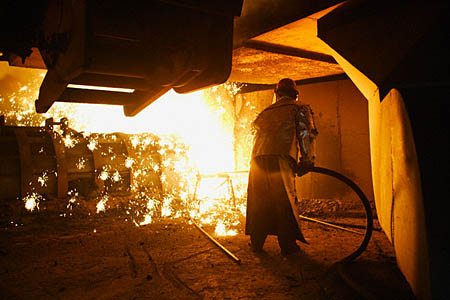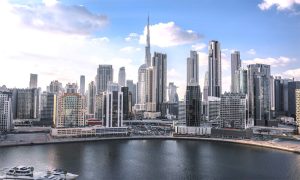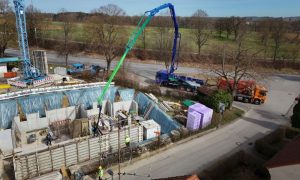Aluminium demand to rise further
Europe finding it too expensive to produce enough metal

RELATED ARTICLES: EMAL powers up Phase I potline | GCC aluminium industry to grow 12% | ALBA boosts performance with potline upgrade
Europe will become more dependent on Middle East exports as up to 60% of the continent’s requirements will soon have to be imported due to the high cost of production across the continent.
The predictions have been echoed by UAE producers and extruders Dubal, Emal and Gulf Extrusions. The three were present at the Aluminium 2012 conference held in Dusseldorf, Germany.
“In Europe today, it is not any more economical to continue the primary aluminium production so we are seeing now some of the smelters are shutting down,” said said Gulf Extrusions general manager, Modar Al Mekdad, who predicts the GCC market will grow 13% to 2015.
Driven by project announcements in Qatar and Saudi Arabia, the boom will also feed automotive and other non-construction applications, putting even more pressure on regional producers to meet the demands of a two significant markets.
“For 2012, we expect that over 27% of the 1,795,000 metric tonnes joint cast production of DUBAL and EMAL will be shipped to Europe, with the major proportion of this volume comprising billet and foundry re-melt products.”
“Further ahead, the fact that the European Union as a whole needs to import approximately 60% of its primary aluminium requirements offers excellent prospects for future market share growth for both DUBAL and EMAL,” said Dubal marketing and saldes GM, Mohammed Al Mutawa, during the ALUMINIUM 2012 conference in Düsseldorf, Germany.
“We are seeing a lot of growth on products other than architectural profiles, where it requires maybe more engineering to be invested and we are seeing now that there are a lot of attempts to relocate many of the downstream industries such as the automotive,” said Al Mekdad.
Gulf Extrusions will also be showcasing its newly established Qatari company United Metal Coating Company at the exhibition; expected to begin production in Q2 2013.
















